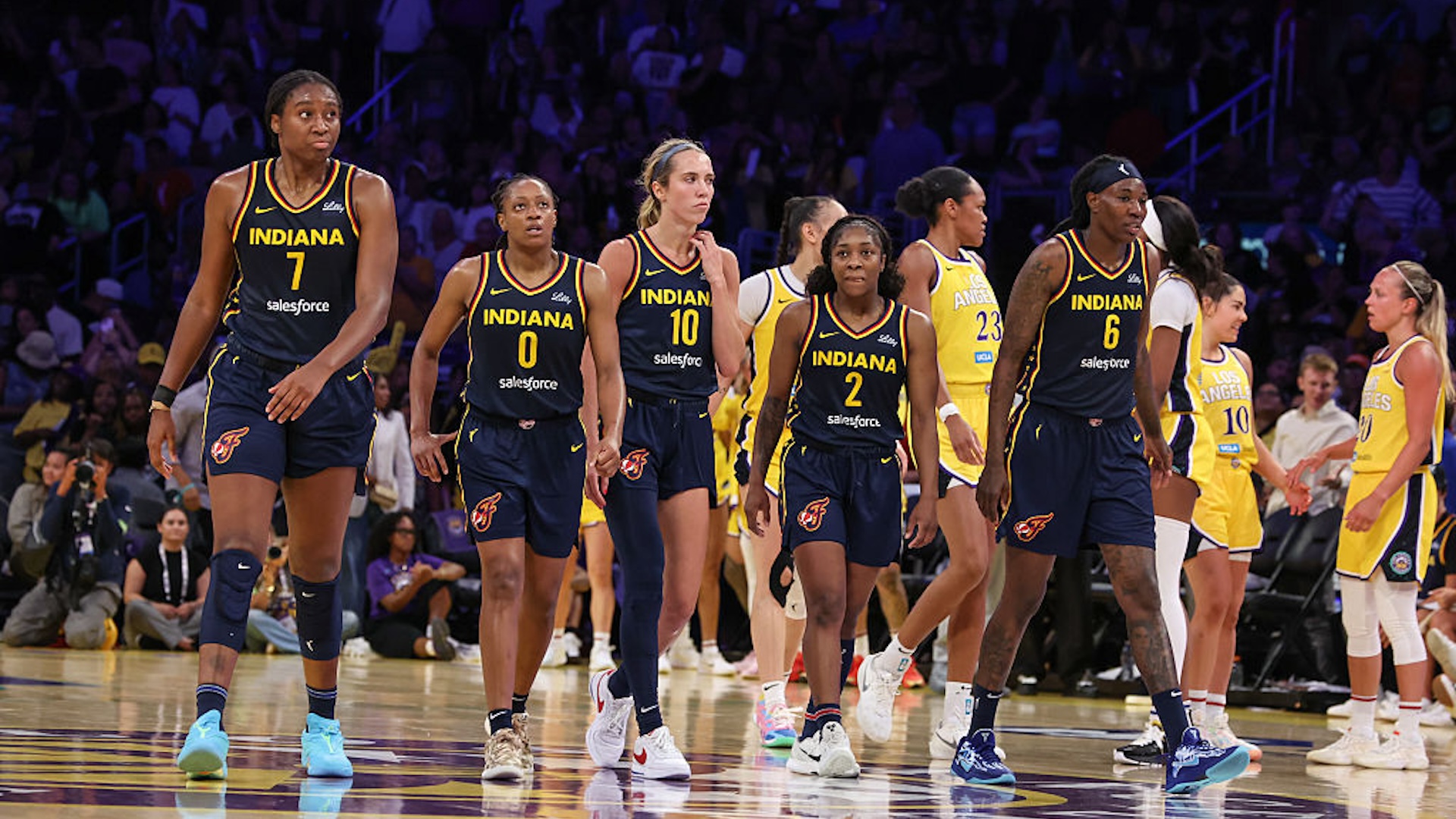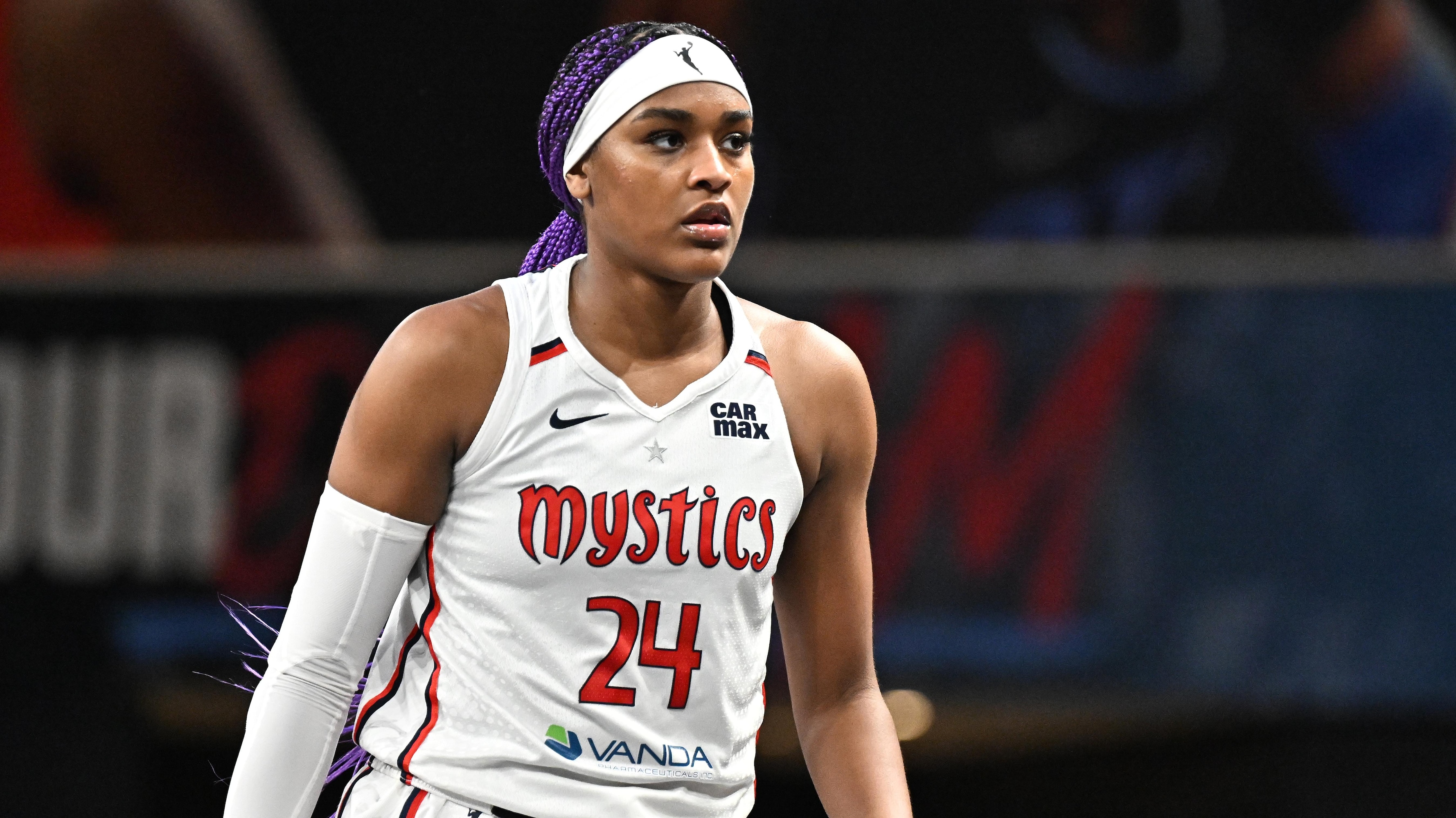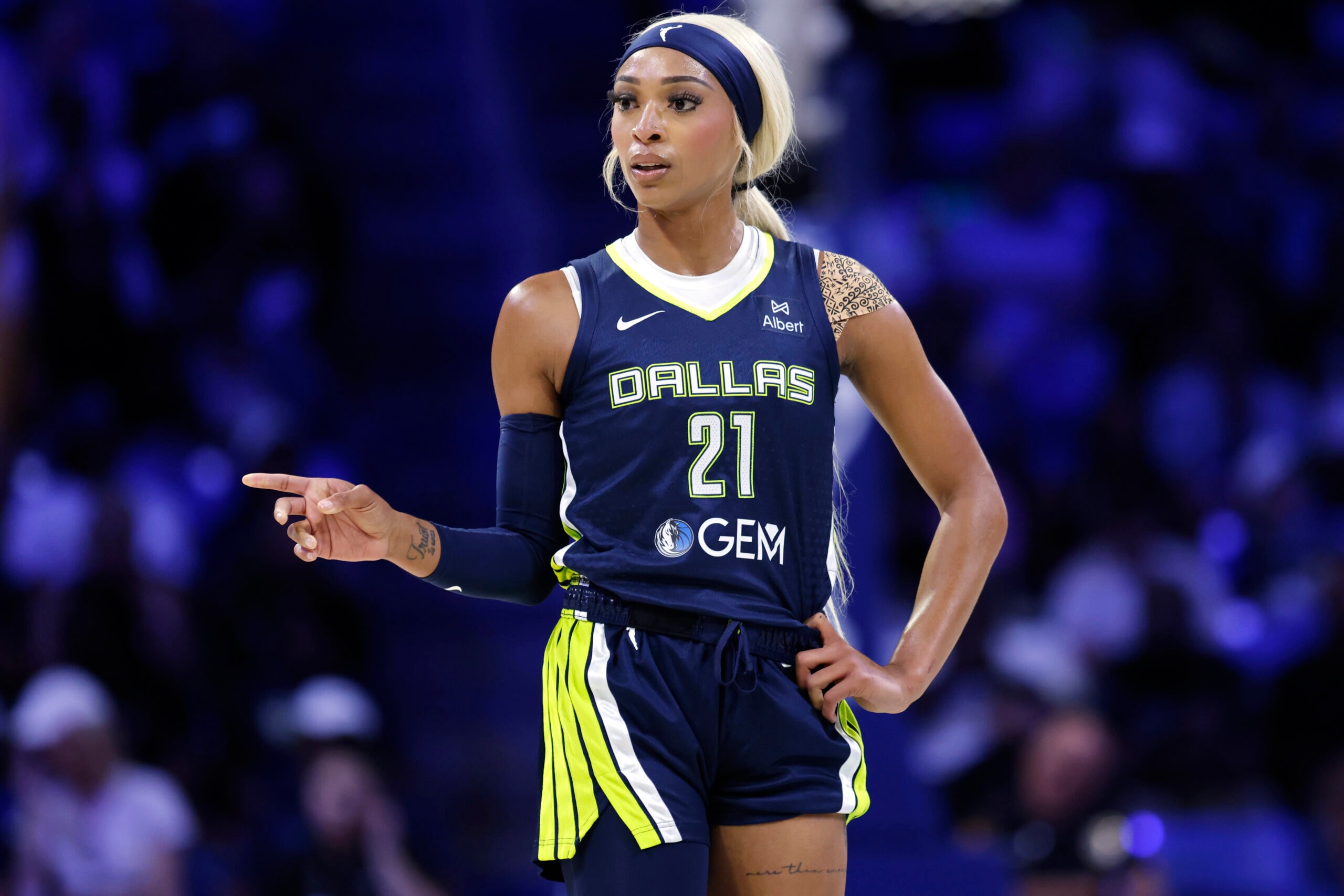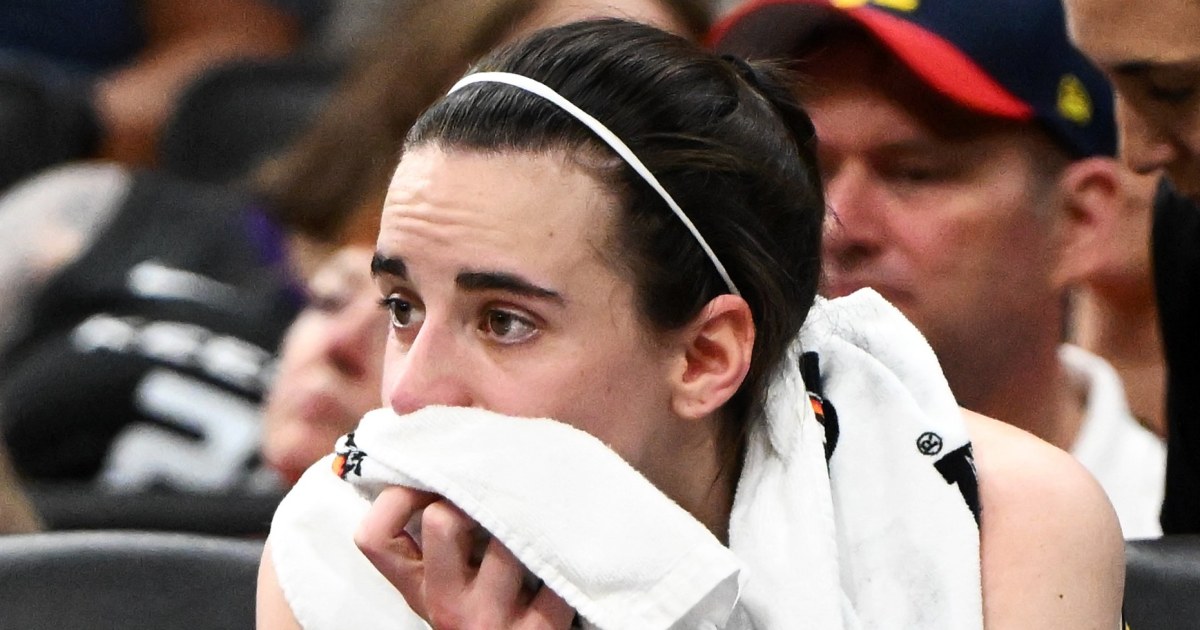Crypto Bros and the WNBA: The Toxicity of Dildo-Throwing

Introduction
The WNBA has been dealing with a bizarre and disruptive trend at their games - the throwing of dildos onto the court. And now, the responsible party has been revealed - crypto bros. On Wednesday, "Lt. Daldo Raine," a self-proclaimed powerful loser and crypto enthusiast, claimed responsibility for the dildo-throwing epidemic. This trend is not only lame, but it also highlights the absurdity of the crypto world and its influence on society.
Key Details
The WNBA dildo-throwing epidemic has been going on for years, with numerous incidents reported at games. It's a disturbing trend that not only disrupts the game but also objectifies and sexualizes the players. And now, with the revelation of the responsible party being crypto bros, it sheds light on the toxicity and entitlement of this community. These individuals use this immature and disrespectful act as a way to gain attention and make a statement, further perpetuating the negative stereotypes associated with the crypto world.
Impact
This ridiculous trend may seem like a harmless prank, but it has a much deeper impact. It not only reflects poorly on the WNBA and its players, but it also showcases the immaturity and privilege of the crypto community. This type of behavior should not be tolerated and serves as a reminder of the negative effects of toxic masculinity and the dangers of glor
About the Organizations Mentioned
WNBA
The **Women's National Basketball Association (WNBA)** is the premier professional women's basketball league in the United States, established in April 1996 by the NBA and beginning play in 1997. It was created to capitalize on the rising popularity of women's basketball, especially after the U.S. women's basketball team's success at the 1996 Summer Olympics[1][6]. Starting with eight teams, the league expanded to twelve teams by the late 1990s and remains the longest-running professional women's basketball league in the U.S.[1]. The WNBA has played a critical role in elevating women's professional sports and increasing visibility for female athletes. Early on, the league showcased star players like Cynthia Cooper, Sheryl Swoopes, and Tina Thompson, who led the Houston Comets to four consecutive championships from 1997 to 2000, establishing the league's first dynasty and helping to build credibility and fan interest[2]. Cooper, a four-time WNBA Finals MVP, became one of the most influential figures in women's basketball history. Despite notable achievements, the WNBA has faced persistent challenges such as financial struggles, salary disparities compared to male athletes, and competition from other leagues. Many top players supplement their income by playing overseas during the WNBA off-season[1]. The establishment of a players’ union in 1999 was a significant milestone, empowering players to advocate for better conditions and salaries[1]. Currently, the WNBA continues to grow in popularity and influence, attracting media coverage and expanding fan engagement through broadcasts and digital platforms[4][5]. It serves as a vital platform for women’s sports, inspiring young athletes and contributing to the broader conversation on gender equity in professional sports. The league’s resilience and ongoing development highlight its importance in the sports and business landscape[1][2].
















